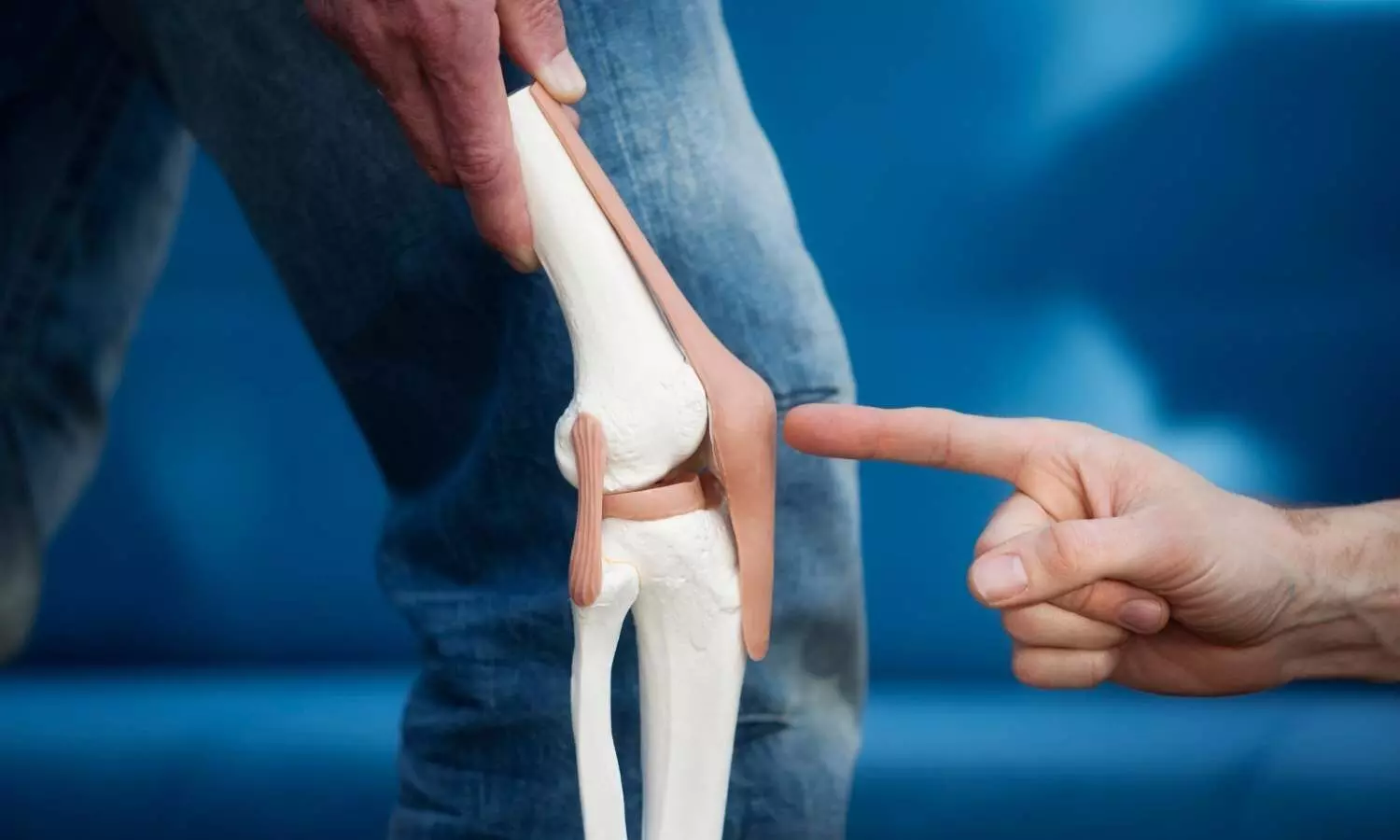Diabetes Increases Infection and Blood Clot Risks After Knee Replacement: Study

New Delhi: A recent study led by Indian researchers has found that diabetes significantly increases the risk of complications following total knee arthroplasty (TKA), commonly known as knee replacement surgery. The findings, published in the Journal of Orthopaedics, highlight that people with diabetes are more prone to joint infections, blood clots, and other adverse outcomes post-surgery.
The research was conducted by a team from Vardhman Medical College & Safdarjung Hospital in New Delhi, in collaboration with Indraprastha Apollo Hospitals and Fortis C-Doc Hospital. Through systematic reviews and meta-analyses, the study established that individuals with diabetes undergoing TKA face a 43 per cent higher risk of developing periprosthetic joint infection (PJI), along with a 45 per cent increased likelihood of experiencing deep vein thrombosis (DVT).
DVT, a serious condition involving the formation of blood clots in deep veins, may lead to pulmonary embolism a blockage in the lungs’ arteries which can result in higher rates of morbidity and mortality among patients.
The study also found that the rate of hospital readmissions post-surgery was 28 per cent higher in people with diabetes. Notably, patients with insulin-treated diabetes had a 60 per cent greater incidence of perioperative adverse events compared to non-diabetic individuals.
“The presence of diabetes significantly impacts post-TKA outcomes, leading to higher complication rates and negatively affecting physical function and quality of life,” said the researchers.
They added, “Insulin-treated diabetics face 60 per cent higher perioperative adverse events. Poor sugar control around TKA surgery worsens outcomes.”
The study also highlighted that more than half of individuals with diabetes suffer from arthropathy conditions that affect joints which may necessitate joint replacement surgeries such as hip or knee arthroplasty in the future.
Given these findings, the researchers stressed the need for further rigorous studies to define glycemic control parameters and understand the mechanisms behind these increased risks. This, they said, could help in developing better preoperative risk assessment and management strategies for diabetic patients.
(With inputs from IANS)


